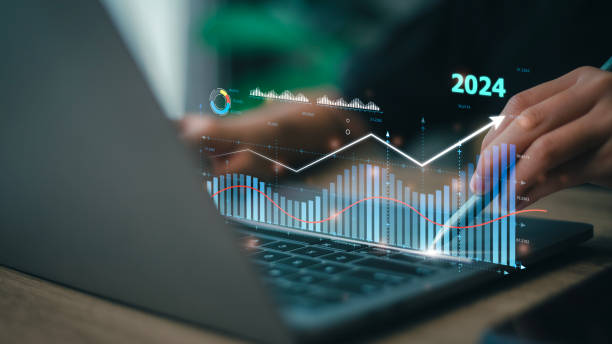Elon Musk, the billionaire entrepreneur and CEO of companies like Tesla, SpaceX, and Twitter, has become a prominent figure in the financial world. His influence extends beyond his companies’ performance to the broader market, where his tweets and public statements can cause significant fluctuations in stock and cryptocurrency prices. This phenomenon, often referred to as Elon Musk Trading, illustrates the profound impact an individual can have on financial markets in the age of social media.
The Power of a Tweet
The Tesla Effect
Elon Musk’s influence on Tesla’s stock is a prime example of his market-moving power. Tesla’s stock price has experienced significant volatility in response to Musk’s tweets and public statements. For instance, a single tweet announcing that he was considering taking Tesla private at $420 per share in 2018 led to a surge in Tesla’s stock price, although it also resulted in legal complications with the SEC.
Cryptocurrency Impact
Musk’s tweets have not only affected traditional stocks but also the volatile cryptocurrency market. His endorsements and criticisms of various cryptocurrencies, particularly Bitcoin and Dogecoin, have caused dramatic price swings. In early 2021, Musk’s tweet that Tesla would accept Bitcoin as payment led to a sharp increase in Bitcoin’s value. Conversely, his later announcement that Tesla would no longer accept Bitcoin due to environmental concerns caused a significant drop.
The Mechanics of Elon Musk Trading
Social Media Influence
Elon Musk’s social media presence, particularly on Twitter, is central to his market influence. With over 100 million followers, Musk’s tweets reach a vast audience almost instantaneously. The speed and reach of his messages create immediate market reactions, as investors and traders quickly buy or sell assets based on his statements.
Sentiment Analysis and Algorithms
Financial analysts and trading algorithms have incorporated sentiment analysis of Musk’s tweets into their trading strategies. By analyzing the tone and content of his tweets, these systems can predict market movements and execute trades within seconds. This integration of social media sentiment into trading algorithms highlights the evolving nature of market analysis in the digital age.
Case Studies
GameStop and the Reddit Rally
Elon Musk’s tweet “Gamestonk!!” with a link to the Reddit group r/WallStreetBets played a significant role in the GameStop trading frenzy in early 2021. His endorsement helped fuel the stock’s meteoric rise, as retail investors piled into GameStop, leading to a short squeeze that garnered worldwide attention.
Dogecoin’s Meteoric Rise
Dogecoin, originally created as a joke cryptocurrency, saw its value skyrocket thanks to Musk’s frequent endorsements. His tweets and public statements, including calling Dogecoin “the people’s crypto” and promoting it on television shows, significantly increased its popularity and price. At its peak, Dogecoin achieved a market capitalization of over $80 billion.
The Risks and Criticisms
Market Volatility
While Musk’s influence can create lucrative opportunities for traders, it also introduces significant volatility and unpredictability. Rapid price swings driven by his statements can lead to substantial financial losses for investors who are unprepared or unable to react quickly.
Ethical and Legal Concerns
Elon Musk’s market influence has raised ethical and legal questions. The SEC has scrutinized his tweets for potential market manipulation and false statements. His 2018 tweet about taking Tesla private led to a settlement with the SEC, requiring Musk to have his tweets pre-approved by company lawyers under certain conditions.
Conclusion
Elon Musk Trading represents a unique intersection of social media influence and financial markets. His ability to move markets with a single tweet underscores the changing landscape of market dynamics in the digital age. While his influence can create opportunities, it also brings risks and challenges that investors must navigate carefully. As social media continues to play a pivotal role in financial markets, understanding and adapting to these new dynamics is crucial for traders and investors alike.
